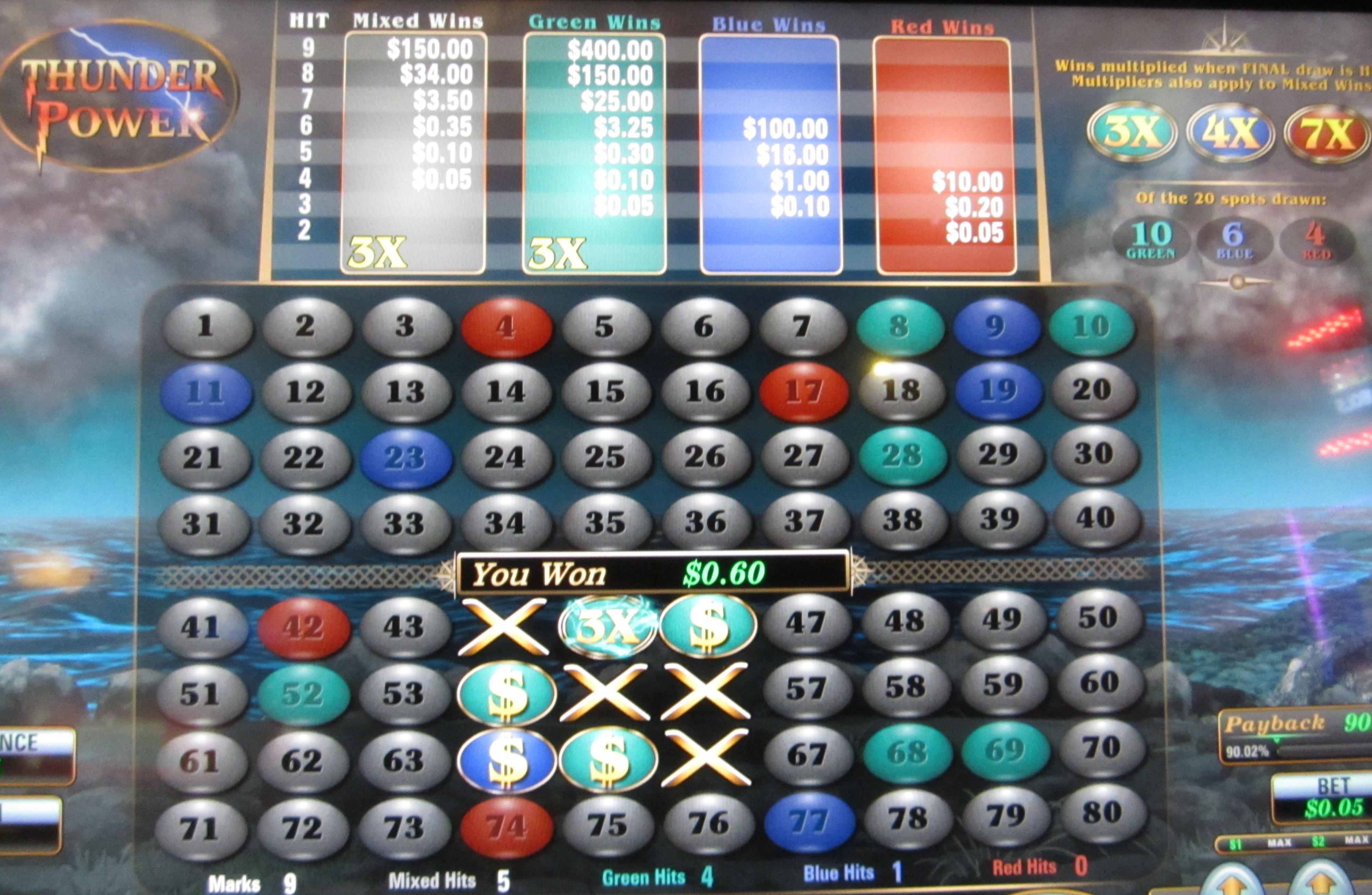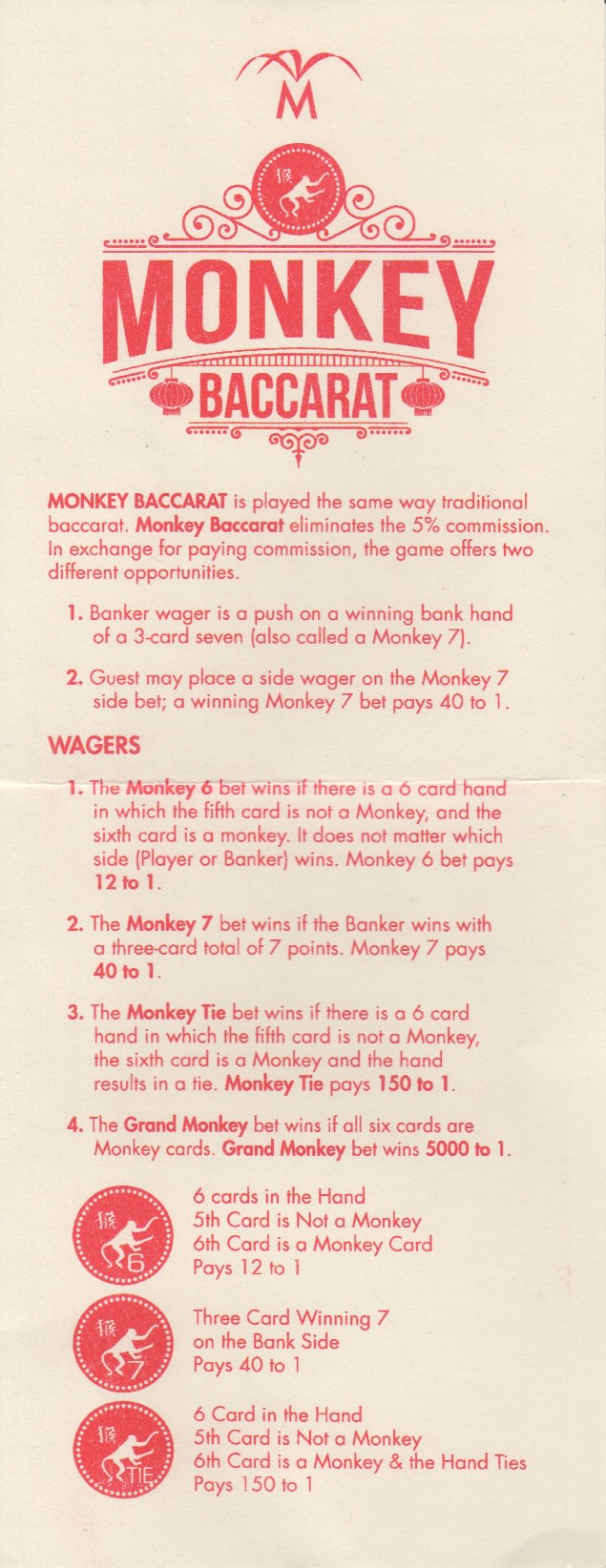Wizard Of Odds Baccarat
Before playing in casinos, Wizard of Odds baccarat gives you the chance to play for free or money on the website. The site is known to analyze games and come up with a winning strategy that even beginners can learn. Baccarat is a card game during which players hold two- or three-card hands with the winning hand being that which has the highest remainder when its face value is divided by 10. Learn the rules, odds and strategy of baccarat here with OddsShark's handy guide to the game.
Players love Baccarat for the thrill of the game and its cinematic history. To arrive at the table with as much confidence as the world’s most famous secret agent, it’s important to understand how the house edge affects the odds of the game.
House Edge in Baccarat
The house edge is the mathematical advantage for the casino built into every game. For Baccarat, it’s a lower advantage over the players than most other games. At 1.06% on the Banker’s hand, the house edge in Baccarat is one of the better odds available to players at the casino, and online.
Odds of Baccarat vs. Other Games
At 1.06% for the Banker’s hand and 1.24% on the Player’s hand, the house edge in Baccarat is low – only Blackjack’s is lower at 0.5% – and better for players than Roulette, where the house edge is 5.26%.
Baccarat offers relatively good value compared to other casino games, but it’s good to remember that the house always holds the advantage.
Odds of Banker vs. Player Win
In Baccarat, the Banker’s hand will win 45.8% of the time, slightly higher than the Player’s hand at 44.6%. Ties win 9.6% of the time.
When factoring out the tie, the Banker’s hand wins about 51 percent of the time. This one percent may be a very marginal advantage, but it’s slightly better than coin-flip odds. That’s why players tend to favour the Banker’s hand to win. It’s still a game of chance, so there’s no way to know for sure which hand will win next.
House edge of Banker vs. Player
The house edge on bets on the Banker’s hand in Baccarat is 1.06% vs. 1.24% on bets on the Player’s hand, giving the lowest house edge to the Banker.
Odds of a Tie
There are ties between the Banker’s and Player’s hands only 9.6% of the time, but the payout is high, at 8 to 1. The difference between the payout and odds results in a very high house edge of 14.36%, so a bet on a Tie might not always be in a player’s best interest.
Tip
In the case of a Tie and no one bet on it, the hand is considered a push and no one wins or loses.
Ready To Play?
Thread Rating:
According to your runs in baccarat chart, the chance of a streak of 6 in a row or more against me is 0.015625 (random)? So we should see a streak of 6 in a row (or more) roughly 1.5 times out of 100 decisions.
Assume I always bet against (opposite) the previous decision. In other words, I am betting against a streak of 6 in a row happening. Let's further assume I use a betting progression that will always give me my profit target in less than 30 decisions. (Sometimes as few as 10 decisions!)
I am risking $1600 to win $1000 using my progression,
My question relates to the probability of seeing a streak of 6 or more in 30 decisions. Stated another way, if I never play more than 30 decisions in a game, what are the odds that I will encounter a streak of 6 or more within those 30 decisions?
Assume I am using a simple Martingale (I am not); but every time we have a chop without a streak of 6 in a row, I win. Depending on the pattern, I need 10-30 decisions without a streak of 6 in a row on either bank or player, because I am betting on a choppy shoe.
So in 30 decisions or less, what are the chances I will encounter a streak of six or more in a row? I get tripped up with the calculation because suppose it streaks 4 in a row, and then chops?, letting me win? We've had 5 decisions. But I think I only needed to consider the odds on the very first decision of thais series. In other words, don't my odds of losing only begin again after a series ends? Or is it as simple as calculating the odds times 30 hands?
Thanks in advance for your expert wizardry!
Administrator
What a great site! I keep learning a lot!
Sincerest welcome to the forum.Other members will be along shortly to point out the complete error in your thinking. Some will be kind and some will be blunt. All will be asserting the one truth: Progressive systems like yours are of no monetary value. Watching for streaks or chops or whatever is also pointless.
I will be so kind as to say that your system might be a fun way to lose money.
I am risking $1600 to win $1000 using my progression,
Then, ignoring that nasty house edge, you have approximately 1600/26 = 61.5% probability of walking out with your $1,000 profit, IF the only possible outcomes are doing so, or walking out $1,600 down.
Here's the mathematical explanation. It's pretty much regardless of what game you play, or how you structure your wagers.
https://wizardofvegas.com/member/oncedear/blog/2/#post1370
Thanks in advance for your expert wizardry!
You are welcome. But don your asbestos suit for the heat you will get in other replies.So in 30 decisions or less, what are the chances I will encounter a streak of six or more in a row?
I answered this for my Mom sometime back.B or P run of 6 in 30 hands = (not counting ties)
0.357817976
about a 1 in 3 shot

*****

here is Excel in Google to see how I did it
also click on worksheet 'or6'
https://goo.gl/GTnpbL
Wizard Of Odds Baccarat Play For Free
or a photo(my short simulation is very close too)
hope this helps
sounds fun!

have fun!
Sally
The odds of flipping a coin 30 times and not getting at least one streak of 6 heads or more is the 32nd 6-step Fibonacci number divided by 2^30 which is ~80.8%.
So 19.2% chance that such a streak will happen.
Baccarat player/banker is not exactly a coin flip, but pretty dang close, so I believe the answer to your question is quite close to 19.2%, especially since you said you bet opposite each time.
Administrator
Wizard Of Odds Baccarat Strategy
Logic and maths are one way ofWizard Of Odds Baccarat Free
estimating or calculating your chances. Simulations are another way of getting a handle on probabilities and we can use charts to show what the path of your bankroll might look like. I cannot post an image at the moment, but if we plotted a chart of your bankroll using your system, it would look like an upward ramp or staircase with occasional massive blips downwards. For some of your sessions you would double or treble or even sextuple your starting bankroll, but in many trials, you would lose your entire bankroll entirely before making any progress.Bottom line is, progressives change the shape of your bankroll chart, but they cannot change the average expectation.
